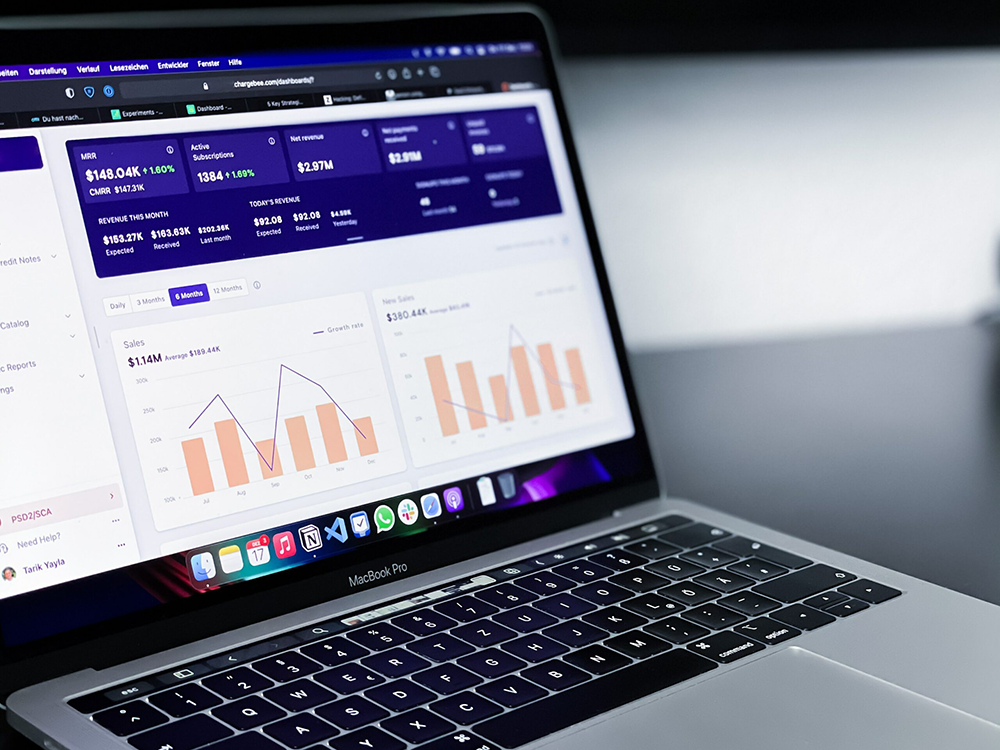
Anzor Mekhrishvili
Manage company based on data

Due to the specifics of the business and current strategic tasks, up-to-date analytical questions are formulated, the answers to which help the company plan the right tactical actions

In response to analytical questions, relevant data must be collected and processed. Data sources can be multiple and need to be collected and prepared in a proper virtual space before analytical processing

In order to obtain timely and correct answers from the data, they are processed with the help of appropriate analytical instruments, which can be further represented by the same instruments
Data management strategy is the policy and rules of data collection, processing, and storage, which helps the company to make the right decisions based on data. The data strategy responds to analytical tasks that are in line with the specifics of the company’s activities and its development strategy. The more data an organization has, the more analytics it can produce and benefit from, however, it becomes more difficult to take care of the data and there is a need to develop a data management strategy.


Before elaboration of the strategy, interviews and workshops are carried out, on the basis of which a formal strategy document is created and approved with the following content:
On the basis of the document, an action plan is drawn up, responsible persons, which according to the given plan perform the necessary works and ensure the further management of the system, are determined.
The implementation of the data management strategy frees human resources from routine technical work related to periodic data gathering and processing. The management is given the opportunity to manage the company based on data (data-driven company) and achieve competitive advantage in various directions:


Anzor Mekhrishvili